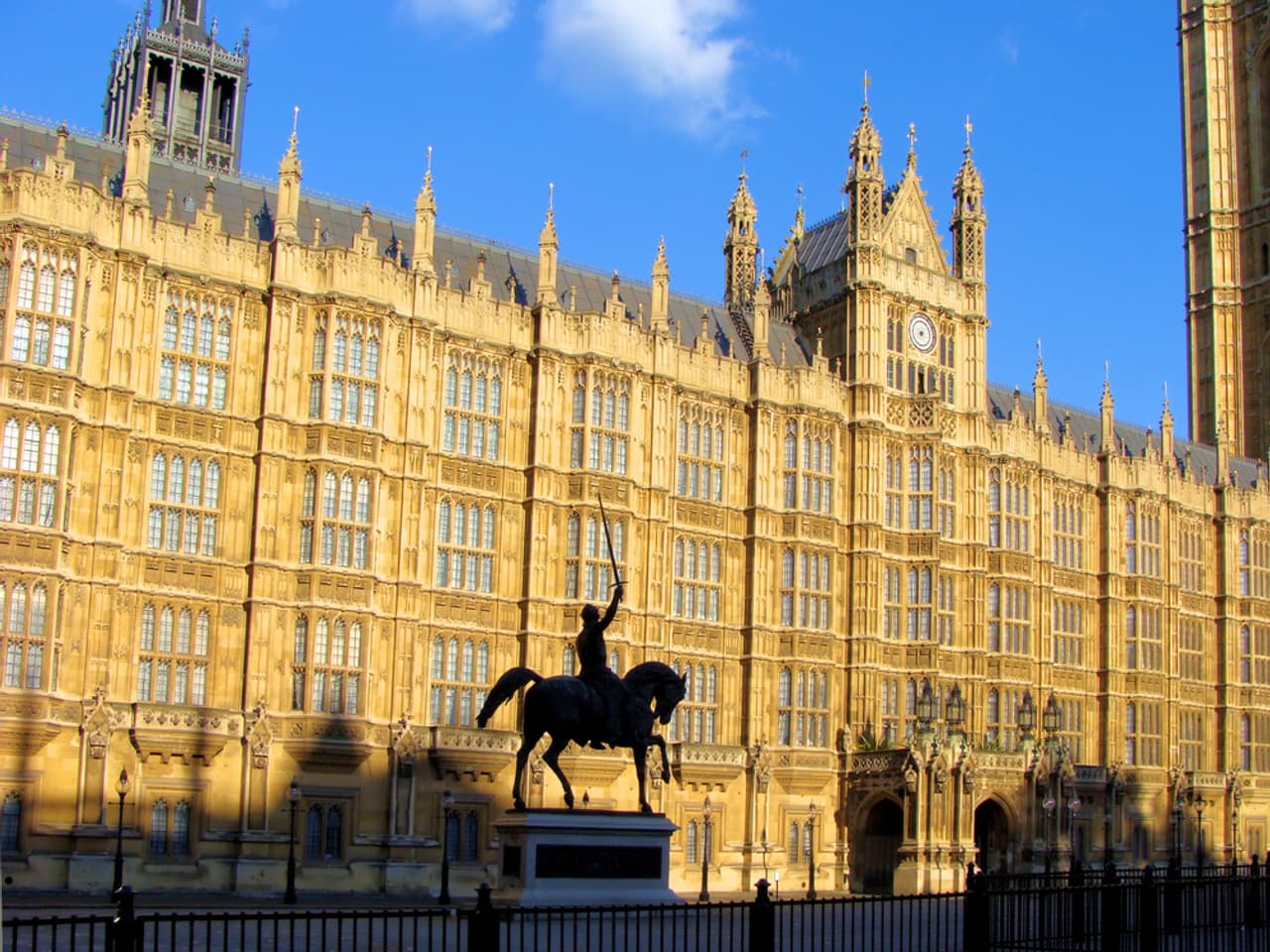
Family courts: major law changes protecting abuse victims to be debated in Lords
Amendments include bans on unregulated experts and allegations of ‘parental alienation’
A number of law changes aimed at better protecting vulnerable people going through the family courts will be debated in the House of Lords this week.
They include a ban on unregulated psychologists giving assessments of abuse victims and a veto on certain allegations of “parental alienation”, a controversial concept that critics say is used as a tool to counter claims of domestic abuse.
The amendments to the Victims and Prisoners Bill, put forward by Baroness Chakrabarti, seek to strengthen the protections offered by the family court system to the survivors of domestic abuse and their children.
The issue of unregulated experts has already prompted calls from Labour MPs for an urgent inquiry. While the recommendations of court-appointed psychologists can contribute to life-changing child welfare decisions, the label “psychologist” is not a protected title, meaning anyone can use it.
Guidance says that all practitioner psychologists providing evidence should be regulated by the Health and Care Professions Council (HCPC), which ensures they meet certain standards and can be held accountable for bad practice. But a judge can nonetheless appoint someone not registered with the HCPC at their discretion.
“There have been increasing concerns about psychological assessments of victims in the family court which are inadequate,” said Olive Craig, senior legal officer at Rights of Women. “Reliance on assessment from unregulated psychologists has led to children being removed from victims of domestic abuse to live with the perpetrator of the abuse.
“This amendment would ensure psychologists appointed by the courts to make assessments of victims are always regulated by the HCPC.”
Another amendment put forward centres around allegations of parental alienation, which refers to the manipulation of a child by one parent into rejecting or showing hostility towards the other.
MPs, women’s rights group and the United Nations have raised concerns around such claims due to their use as a litigation tool to counter allegations of domestic or sexual abuse.
The Bureau of Investigative Journalism recently reported on a case in which a mother accused of alienation was found to have been raped by her child’s father. He was subsequently stripped of his parental responsibility.
Barrister Charlotte Proudman has been campaigning for the amendment, which would mean allegations of parental alienation could not be considered by the court if made against a victim of abuse (as defined by the Victims and Prisoners Bill).
She said: “This amendment could protect victims from having to defend themselves against allegations of inflicting child abuse in the form of parental alienation and prevent them from becoming the subjects of psychological assessments seeking to diagnose ‘alienation’.”
Research published last week shows mothers raising allegations of abuse were often subsequently met with counter-claims of parental alienation. The study, involving in-depth interviews with 45 female domestic abuse survivors, was led by Dr Elizabeth Dalgarno at the University of Manchester in partnership with researchers at SHERA Research Group.
All participants had reported alleged child abuse by the child’s other parent. In 39 of the cases, parental alienation claims – made subsequently to the abuse allegations – were investigated by the court.
All but two of the 45 cases resulted in an order for some form of contact with the reported perpetrator parent when proceedings had concluded. Four cases in which the mother had reported child sexual abuse or rape resulted in the child being transferred to the father’s residency.
Claire Waxman, London’s victims commissioner, said: “I routinely hear of cases where disclosures of sexual abuse by the child or protective parent are dismissed because their abuser has made a counter-allegation of parental alienation.”
Another amendment to be debated this week would see “Jade’s Law” – which states that someone who kills the other parent of their child must have their parental responsibility removed – be extended to perpetrators of sexual abuse against a child in their family. Waxman is in favour of this change, though she said: “I remain concerned that most of these crimes do not result in a conviction.”
Further amendments tabled by Labour peer Chakrabarti include a ban on people accused of domestic abuse from accessing survivors’ medical records. Another proposal would bar those on bail or awaiting trial for domestic abuse, child abuse or a sexual offence from having unsupervised contact with their children.
Lucy Hadley, head of policy at Women’s Aid, said that any case in which there is enough evidence to prosecute presents a clear sign that a child could be at risk. She said the child contact amendment “would be a critical step forward”.
In 2020 a group of independent experts commissioned by the Ministry of Justice found “deep-seated and systemic” failures in the family court’s response to domestic abuse, which they said can lead to unsafe court orders.
-
Area:
-
Subject:




